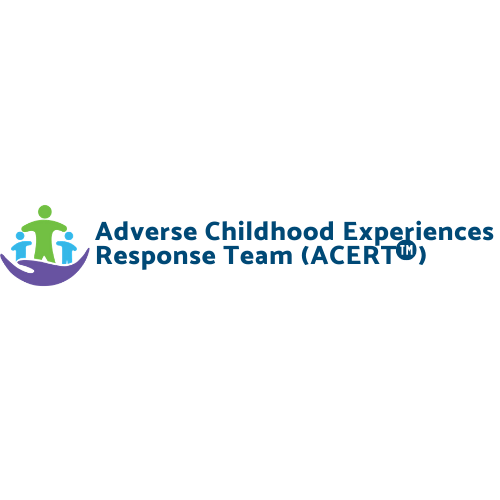FAQs
Click on the questions below to read the response.
What are the benefits of ACERT in the community?
The Adverse Childhood Experiences Response Team takes a combined intervention and prevention approach to addressing children’s mental, behavioral, emotional, and physical health through targeting families who have had documented incidences with law enforcement or other first responder intervention. The team connects with these families to offer support and education around trauma and adverse childhood experiences to encourage connection to local social supports.
The physical presence of the ACERT team in the community encourages citizens to consider law enforcement as ‘helpers’ and further forges an embedded connection between law enforcement and strengthens relationships with community agencies that often work closely with the same citizens. Engaging with families in their own homes also promotes trust and care during difficult times.
How does ACERT work?
The ACERT team is comprised of a Family Advocate, YWCA crisis services advocate and an MPD detective. The team connects with each family to explain the services that are available through program partnerships. The parent or guardian signs a release form that gives permission for the team to send the family's information to the services they are interested in. The selected services then reach out to the family to follow typical agency intake processes.
How would I start if I wanted to bring ACERT to my community?
ACERT has been explored by several towns and cities in New Hampshire, Massachusettes, Maine, and has also garnered interest in mid-western states as well as other countries.
For more informationa on exploring how ACERT could translate and be implemented in your community, please contact us directly using the contact form to speak with a program representative.
How does ACERT differ from mobile crisis services teams or child welfare agencies?
ACERT is a referral program that connects with families after a crisis or incident occurs. ACERT is not deployed in times when mental health or medical attention must be provided. Additionally, ACERT does not take the place of child welfare agencies and standard legal protocols and responsibiilties that must be met at a state level when there is suspected neglect or abuse in the home.
What are some lessons learned in the program’s history?
Since its original inception, ACERT has been enhaced and modified to fit the needs of the community based on data and feedback. The following points have been learned over time: - Training in appropriate trauma response for first responders and all other program staff members is crucial. - Visiting families face-to-face a few days after the police have responded to an incident, rather than immediately, increases receptivity to families accepting help and support. - Barriers, like transportation, to participation in community services must be addressed. - Building a reliable and extensive referral network among health and human service partners is essential in ensuring families receive the help they need quickly and effectively. - Collecting and reviewing relevant data helps an ACERT leadership team refine and improve its program and effectiveness.
How do schools get involved?
Schools remain an informed party in the ACERT referral process. When families indicate on the signed release form that the school can be notified of the incident, the advocate shares information with a designated representative who then notifies the child(ren)'s teacher(s) as applicable so teachers are aware and can be mindful that a situation occurred in the home and watch out for signs of emotional or behavioral distress.

